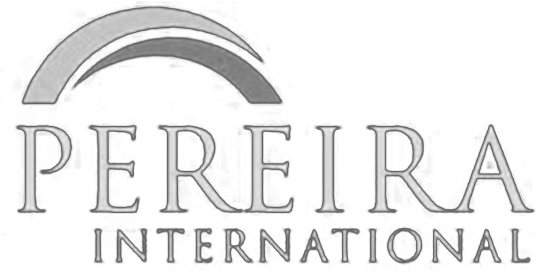Cash rolling in for enterprising Arabs
IRAQ WAR
JORDAN’S ENTREPRENEURS
Business is booming for locals who are acting as translators and cross-border drivers to the 1,700 foreign journalists in Jordan.
TOURIST guide Mudhabar Yusuf’s eyes light up when his blue Nokia 3210 mobile phone rings.
An American reporter wants to hire his services as chauffeur and translator.
‘I will help you, sir,’ Mr Mudhabar coos down the phone, his face beaming at the prospect of making more money. This is his 10th call of the day.
The going rate is US$100 (S$177) a day for trips within the city. If a reporter wants to go to the border or outside the city, it is another US$50.
Take away petrol expenses and the rent for the yellow, air-conditioned Samsung car, Mr Mudhabar reckons that he makes about US$1,500 a month, roughly US$300 more than he used to earn from playing guide to tourists.
The war may have stopped the tourists from coming, but guides like him are managing very well by selling their services to foreign reporters who are in town to cover the war in Iraq.
In the past, he would ferry tourists, including airline crew, to Jordan’s historic sites such as the Dead Sea and Petra, the spectacular rose stone city built in the third century.
These days, the destinations are refugee camps along the Jordan-Iraq border, scenes of demonstrations and government offices.
Mr Mudhabar – ‘Call me Mario’ – says wryly in his Arab-accented English: ‘I will be honest with you, OK. I prefer to have a sexy flight stewardess sitting next to me in the car and take her sun-bathing in the Dead Sea.’
Preferences aside, there is a lot of money to be made from servicing the estimated 1,700 foreign journalists who are in Jordan.
Before the war, Iraqi Ayad Ismail Ahmad Tamimi charged foreign journalists US$150 for a one-way car trip from Amman to Iraq.
He now charges US$1,500. Once in Baghdad, it is another US$200 a day for expenses.
As for the return trip to Amman, the rate can go up to US$4,000, depending on the risks involved.
Mr Ayad, who has four GMC Fords in his fleet, has been plying the 1,000-km border route for the past 10 years.
‘I am risking my life to bring you into Iraq,’ the 32-year-old said. ‘Why shouldn’t I get a little more money for it?’
Mr Ayad, who wears a Giorgio Armani leather jacket, makes about two trips a week, which adds up to about US$3,000.
The money may be more than he has ever dreamt of making, but what about the dangers?
He shrugs his shoulders and says: ‘I know the route and the border checkpoint people well. I take care of them, they take care of me.’
His wife and three children live in Baghdad, and he plans to use his earnings to buy a fourth Ford.
It is not just tourist guides and drivers who are making money from the war.
Even local journalists are moonlighting as ‘fixers’. For a US$200 fee, they will help open doors to their contacts in the government, the military and the academia.
Residents with Iraqi embassy connections charge foreign journalists as much as US$3,000 to help them get Iraqi visas.
Families in the sleepy desert border town of Ruweished are renting out their homes to journalists who have moved to the Jordanian-Iraqi border, where the refugee camps are.
Rents have shot through the roof, from about US$100 a month to as much as US$1,000.
Many locals have also found jobs as drivers and translators for the news agencies. They are paid US$200 to US$300 a month.
It is the same situation in Kuwait, where the locals are demanding as much as US$400 a day for a ‘translator and fixer’
package.
Miss Al Baider, 25, a translator for a Japanese news agency, said: ‘It is a small fortune for many of us. But it is a small price for the reporters to pay to cover the biggest news of the year.’

